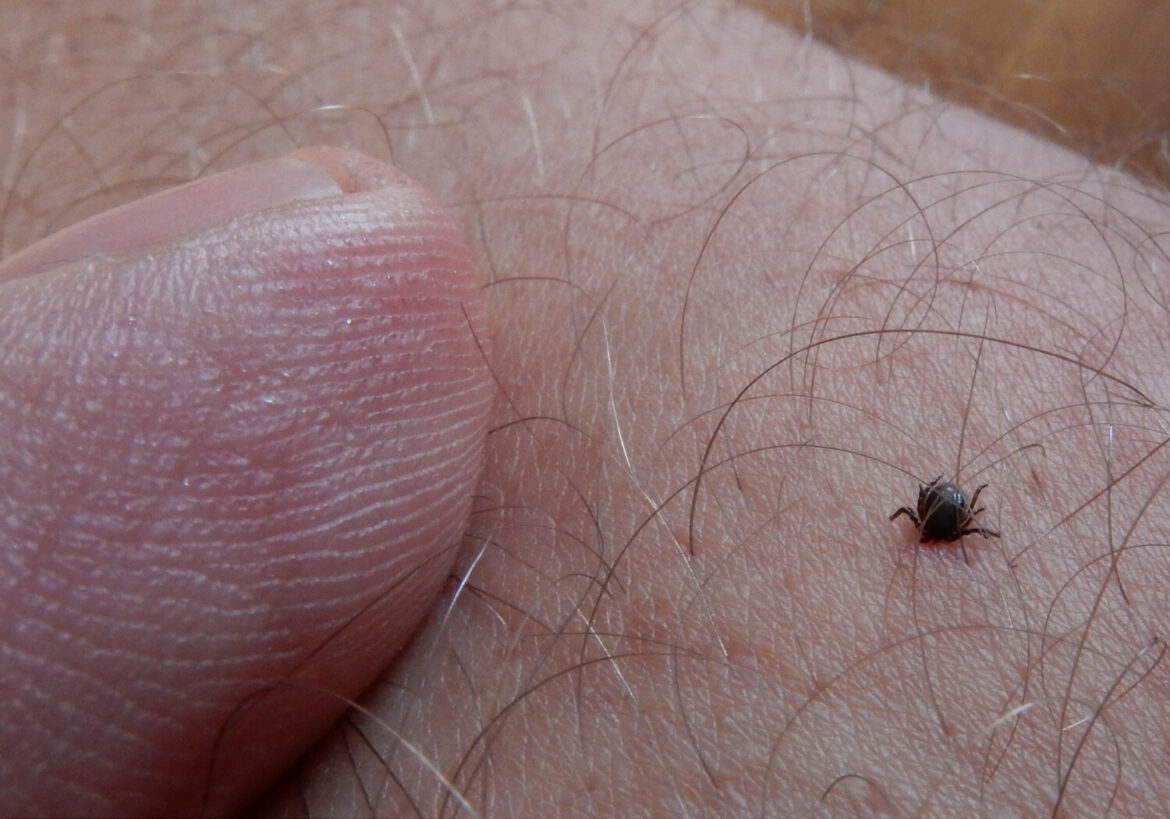The Polish Patent Office has issued a decision to grant a patent for the invention: Recombinant tick-borne encephalitis virus-like particle and its medical application. Its inventors are: Dr Ewelina Król, Prof. of the University of Gdańsk, Marta Zimna, Gabriela Brzuska, Prof. Bogusław Szewczyk and Sara Boch-Kminikowska. The invention was created as part of the NCN Sonata project entitled Tick-borne encephalitis virus – identification of mechanisms useful in treatment and prevention, headed by Dr Ewelina Król, Prof. UG.
The invention concerns a potential recombinant vaccine against tick-borne encephalitis virus. The object of the invention is the amino acid sequence of recombinant virus-like particles (VLPs) containing two selected fragments of tick-borne encephalitis virus proteins and additional inserted sequences. VLPs are structures that mimic the virus and are capable of eliciting an immune response against it, but which cannot replicate in the human or animal body and are incapable of causing infection.
Through the research work carried out to date, we have obtained a potential vaccine antigen based on recombinant virus-like particles in the Leishmania tarentolae expression system. These particles contain the structural proteins E and prM of TBEV, as well as additional sequences. Our introduction of additional sequences allowed for more efficient overproduction of VLPs and increased immunogenicity. “The production of recombinant vaccines does not require working with live virus, thus reducing the high cost of antigen production. In addition, the use of a protozoan-based system significantly reduces the cost of antigen production”, explains the dean of the Intercollegiate Faculty of Biotechnology at the University of Gdańsk and the Medical University of Gdańsk, Prof. Ewelina Król, project leader.
Adrian Andrzejewski





